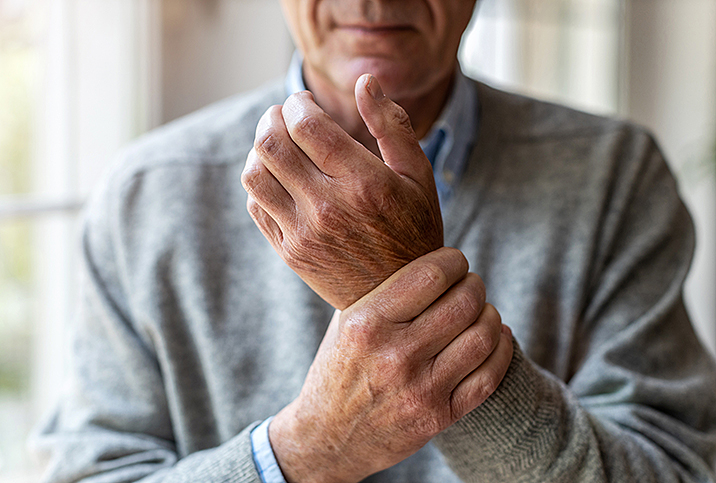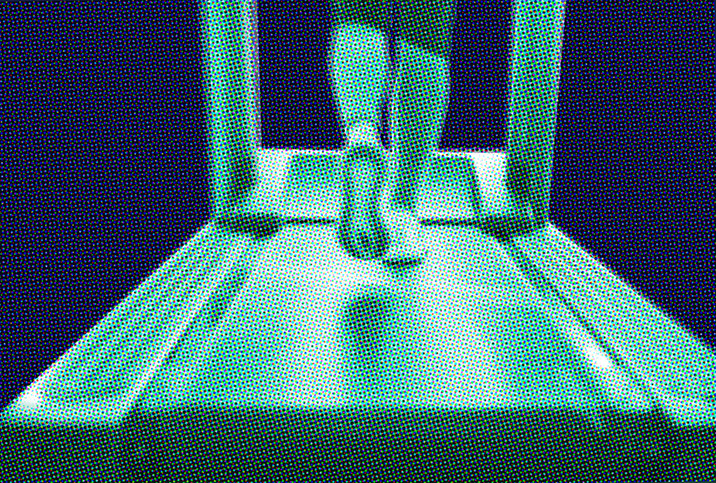Know the Early Signs of Osteoporosis

Osteoporosis is a condition in which your bones lose too much calcium as you age. The loss of calcium results in lower bone density, which can cause your bones to become weak and fracture easily. Your bones can eventually become so weak that mild falls and bumps can lead to fractured or broken bones.
Signs & risk factors of osteoporosis
You may not notice any symptoms of osteoporosis until you’ve already begun to lose significant bone mass. In fact, prior to osteoporosis, patients may actually be in an earlier stage of generalized bone-density loss called osteopenia. If you suspect this might be the case, have your doctor screen for osteopenia using specialized radiology scans, so treatment can begin early to help slow or prevent progression to osteoporosis.
Unfortunately, most people don’t notice or understand the significance of these signs until they suffer a fractured or broken bone. Back pain, poor posture and loss of height can also be indications you have osteoporosis.
Anyone can develop osteoporosis, but certain factors may make you more likely to develop the condition. Women are more susceptible than men; white and Asian women, in particular, are at greater risk. Additionally, men and women with smaller frames have less bone mass; as bone mass decreases with age, people with less bone mass, to begin with, are at greater risk of developing osteoporosis.
It’s important to know if osteoporosis runs in your family because this can put you at greater risk of developing it yourself. Find out, in particular, if either of your parents has fractured a hip at some point.
As you age, the likelihood of developing osteoporosis is increased. Men over the age of 65 are more likely to develop this condition. Women five to 10 years past menopause are more likely to have osteoporosis due to the decreased amount of estrogen their body creates. If you went through early menopause, it’s recommended you see a doctor for screening options and advice on prevention.
Osteoporosis prevention
From dietary changes to exercise, you can take many measures to prevent osteoporosis or treat the symptoms.
Before deciding on a diet that might help your condition, you should first ask your doctor for a referral to a nutritionist. After reviewing any allergies or other personal food restrictions, the nutritionist may recommend a calcium-rich diet to maintain healthy bone density as you age. Foods high in calcium include yogurt, soybeans, cheese, salmon, collard greens and sardines. Maintaining a healthy weight will also help keep your body healthy and your bones strong.
Additionally, avoiding alcohol and tobacco can go a long way toward preventing osteoporosis; alcohol and tobacco inhibit the process of bone reformation and overall healing from any injury or surgeries.
In addition to cardio exercise to raise your heart rate, try weight-bearing exercises and strength training in your routine. These exercises both help improve your metabolism and stimulate bone-building cells, which is your body’s natural response to forces being applied across bone.
Talk to your doctor about your family history, alcohol and/or tobacco use, diet, and other risk factors that may correlate to early bone loss. A doctor can order special screening exams such as a DEXA scan, which can help quantify the density of your bones (bone mineralization) and guide the doctor’s treatment and prevention advice.
Whether you have osteoporosis or you’re at risk for developing it, knowing more about the condition is the first step in preventing or managing it. Make lifestyle changes now and you can make your life more comfortable and keep your bones as strong as possible as you age.


















